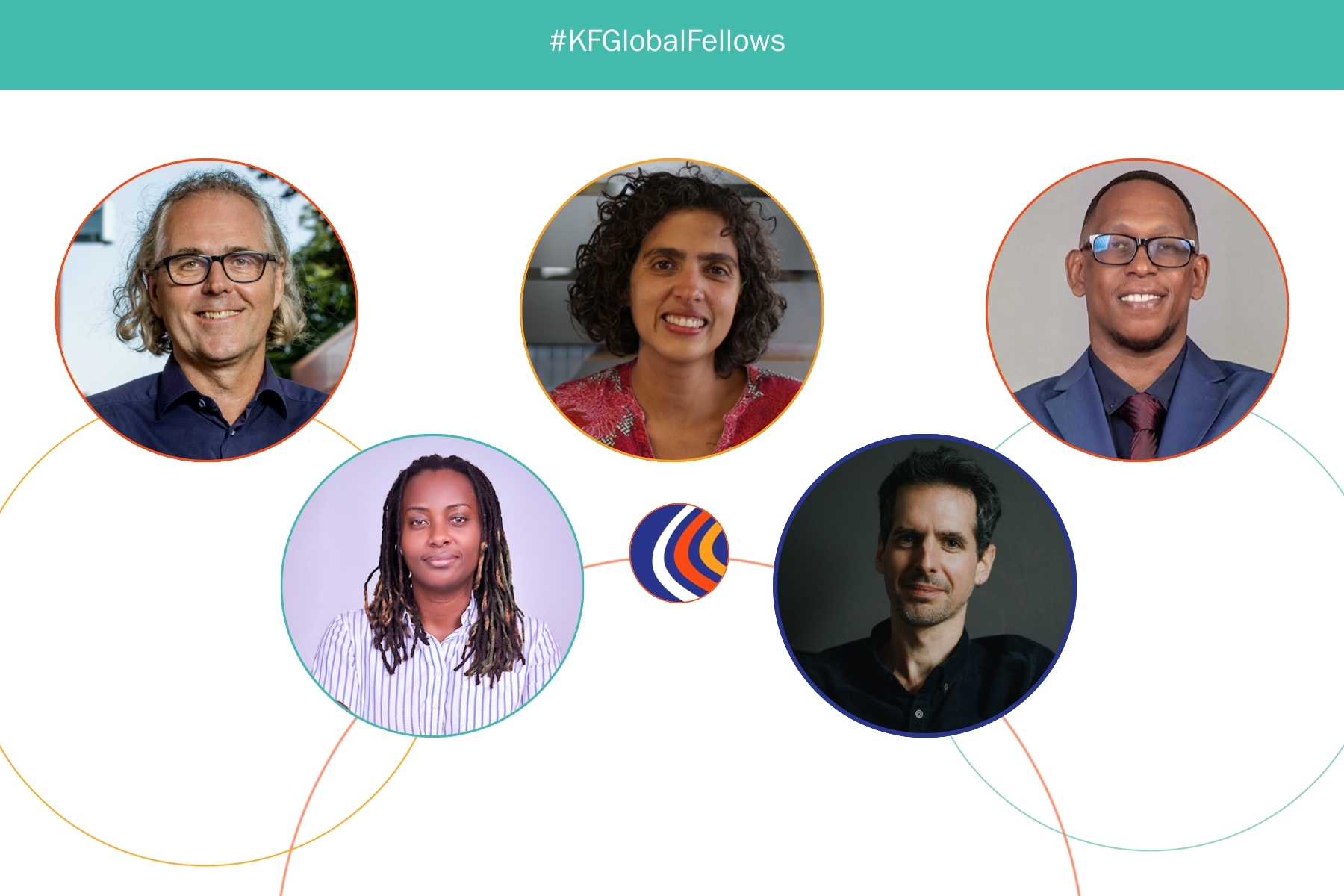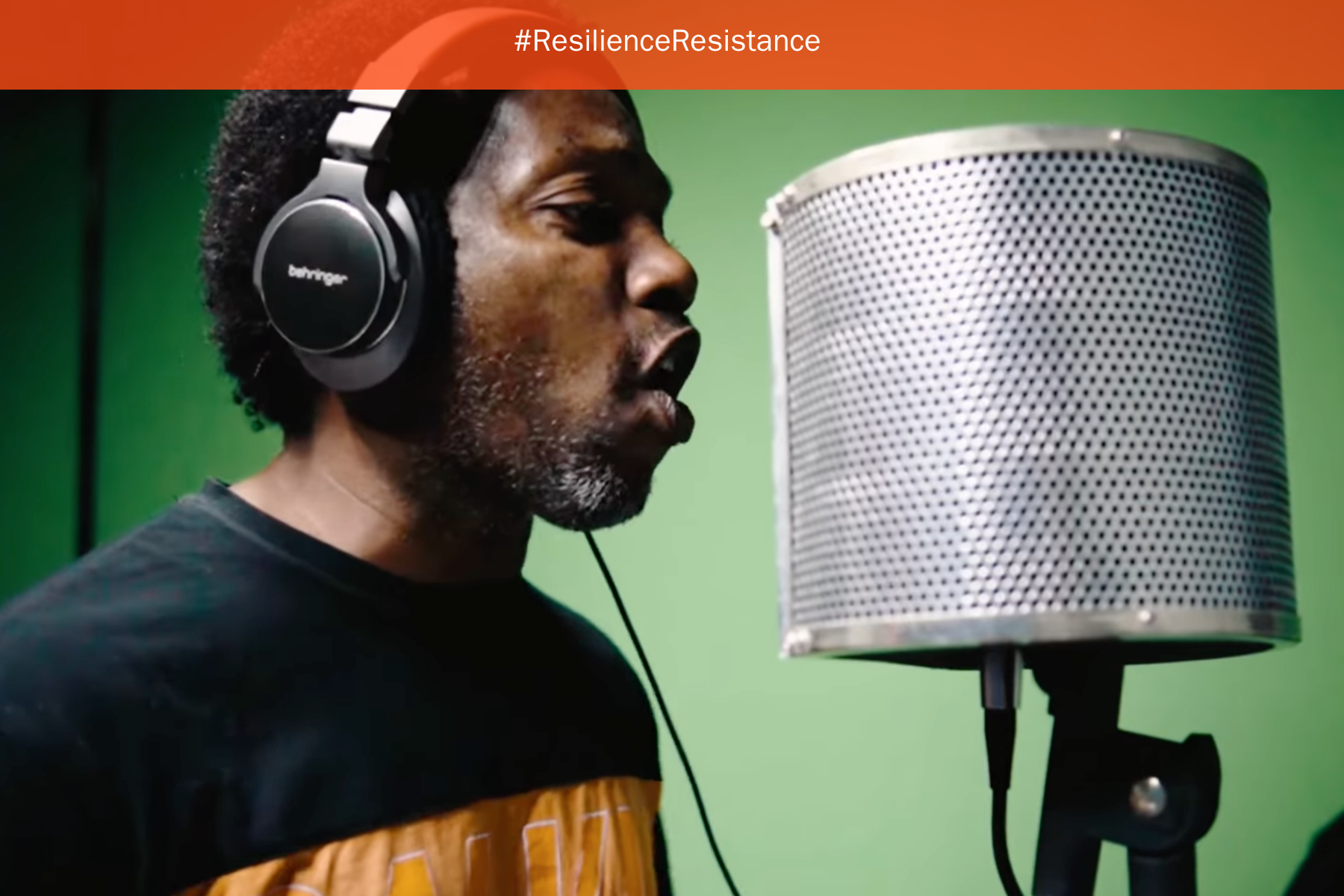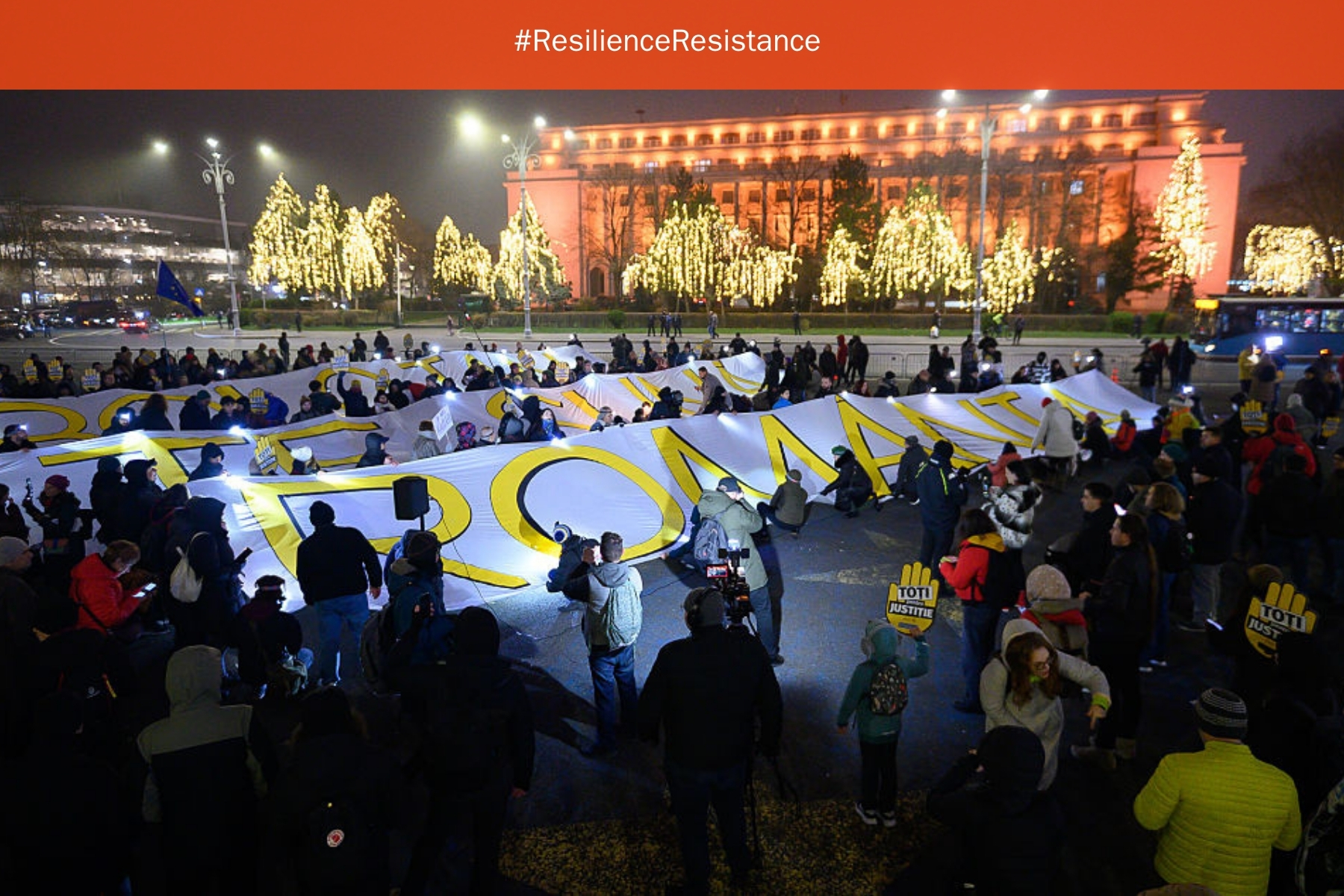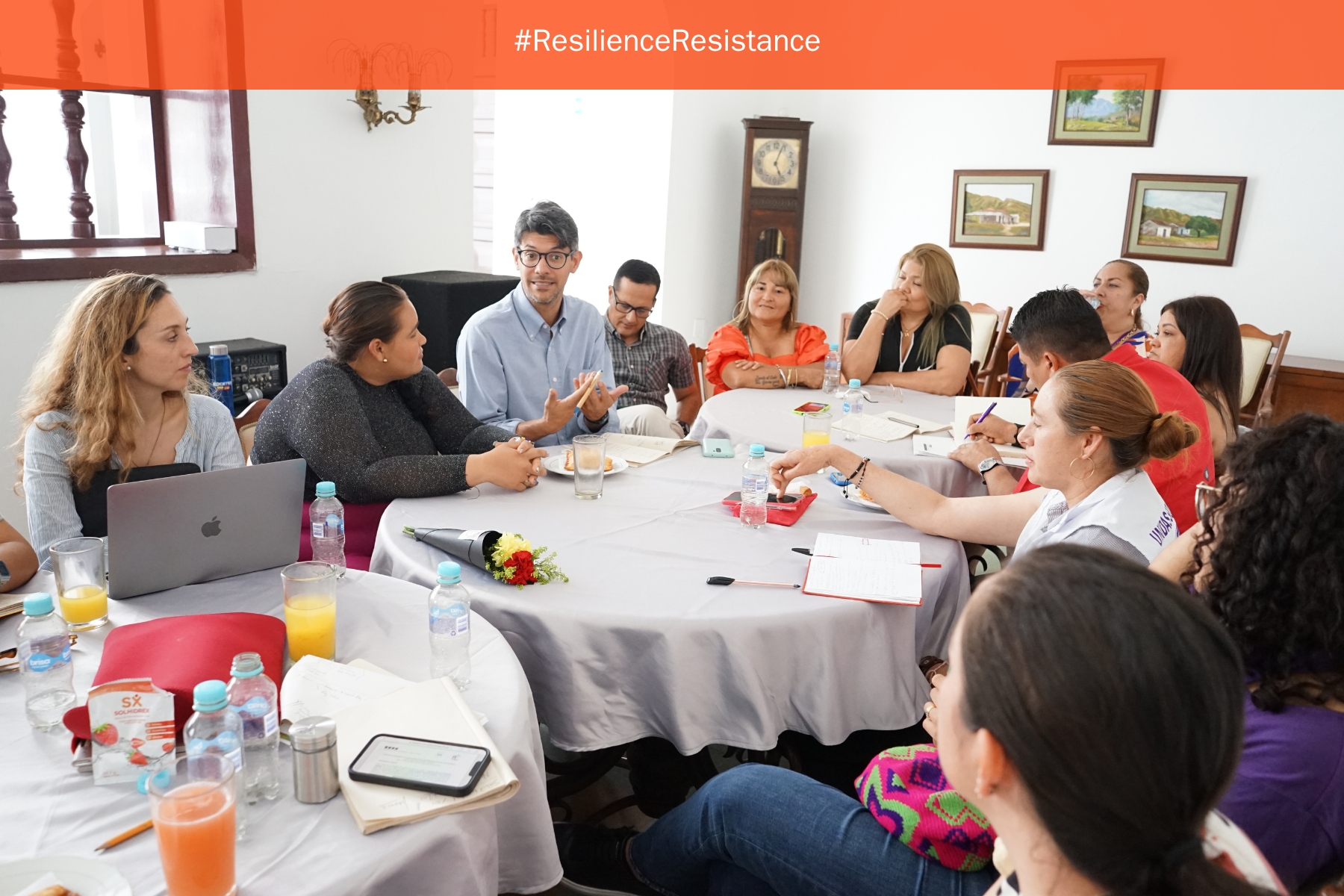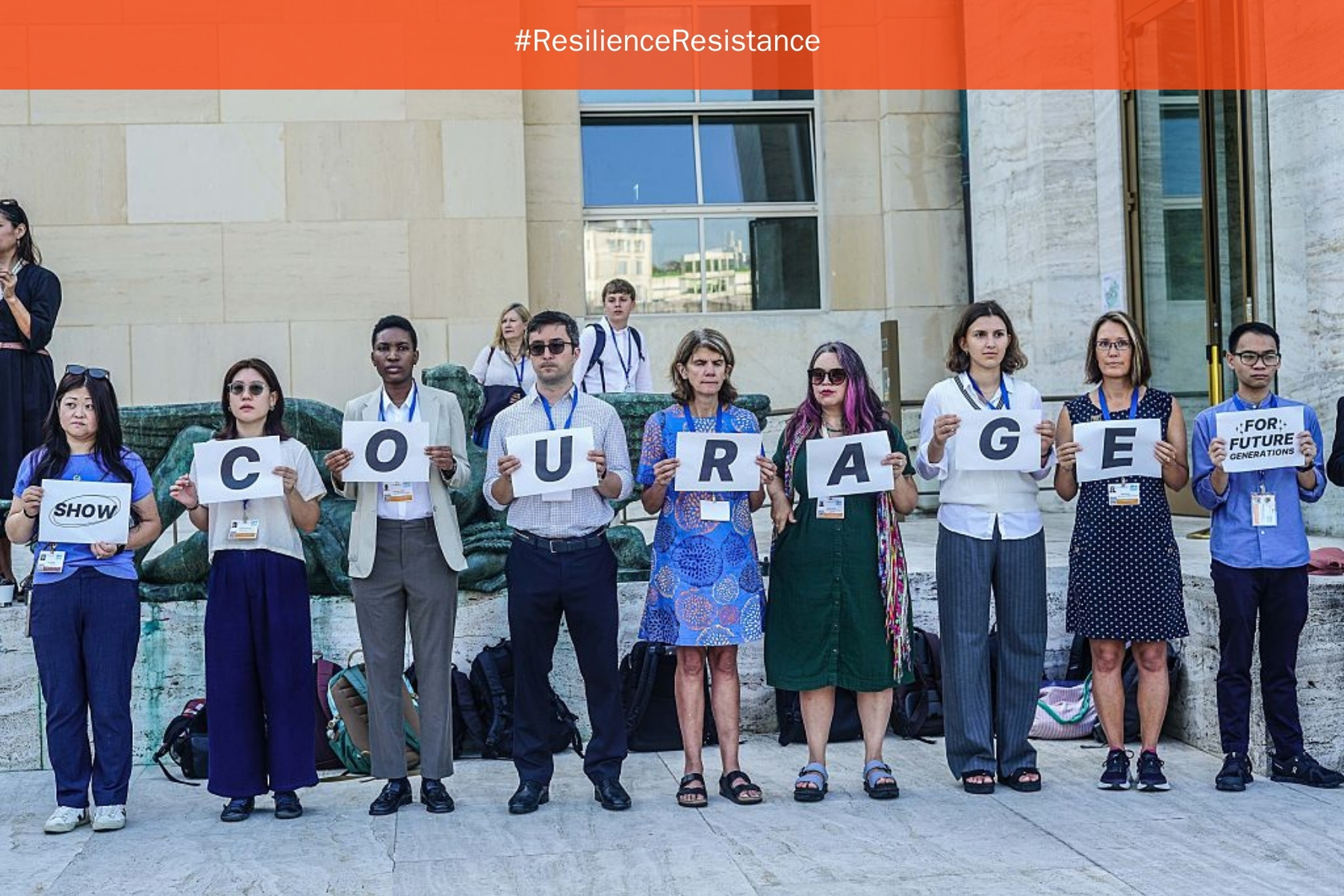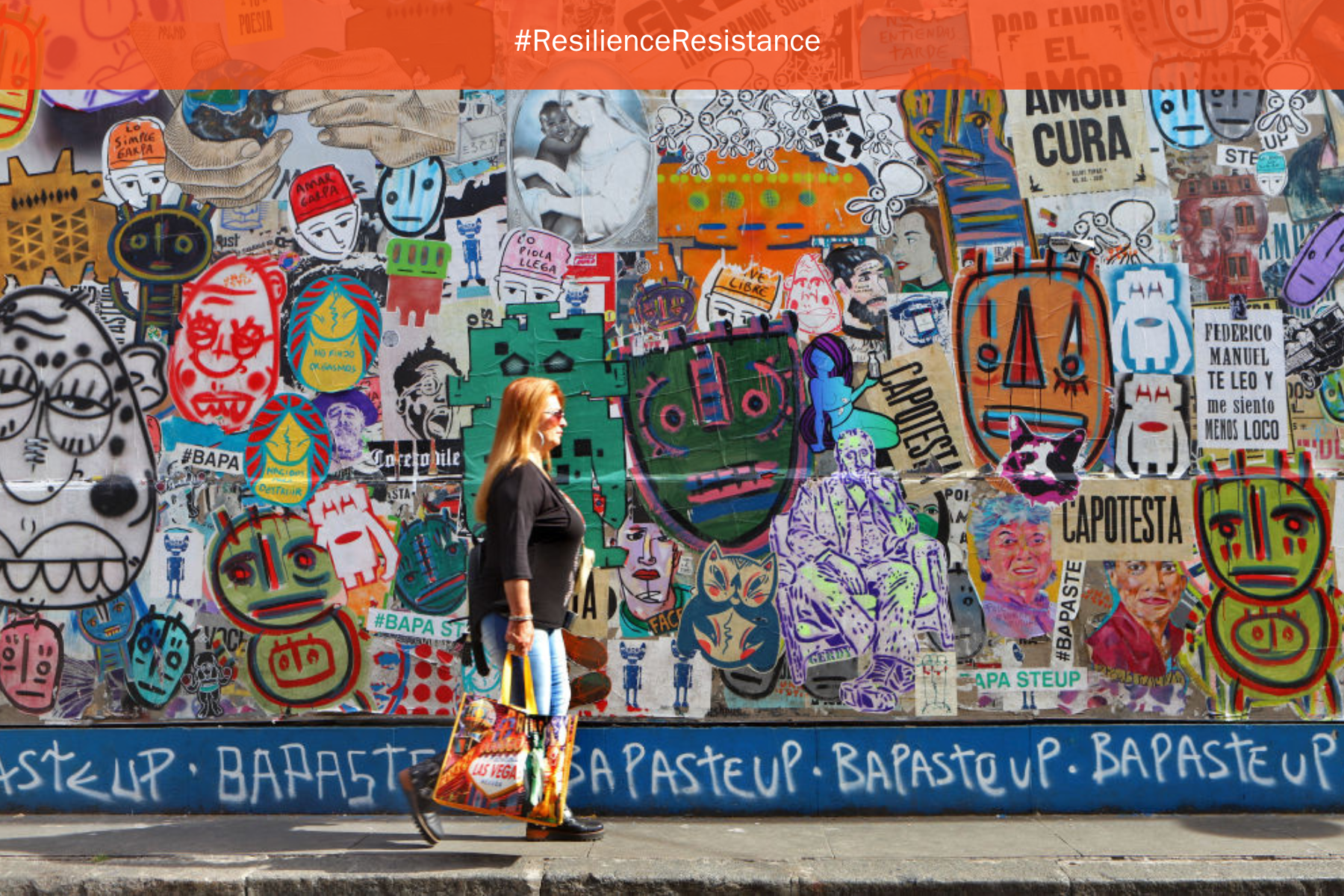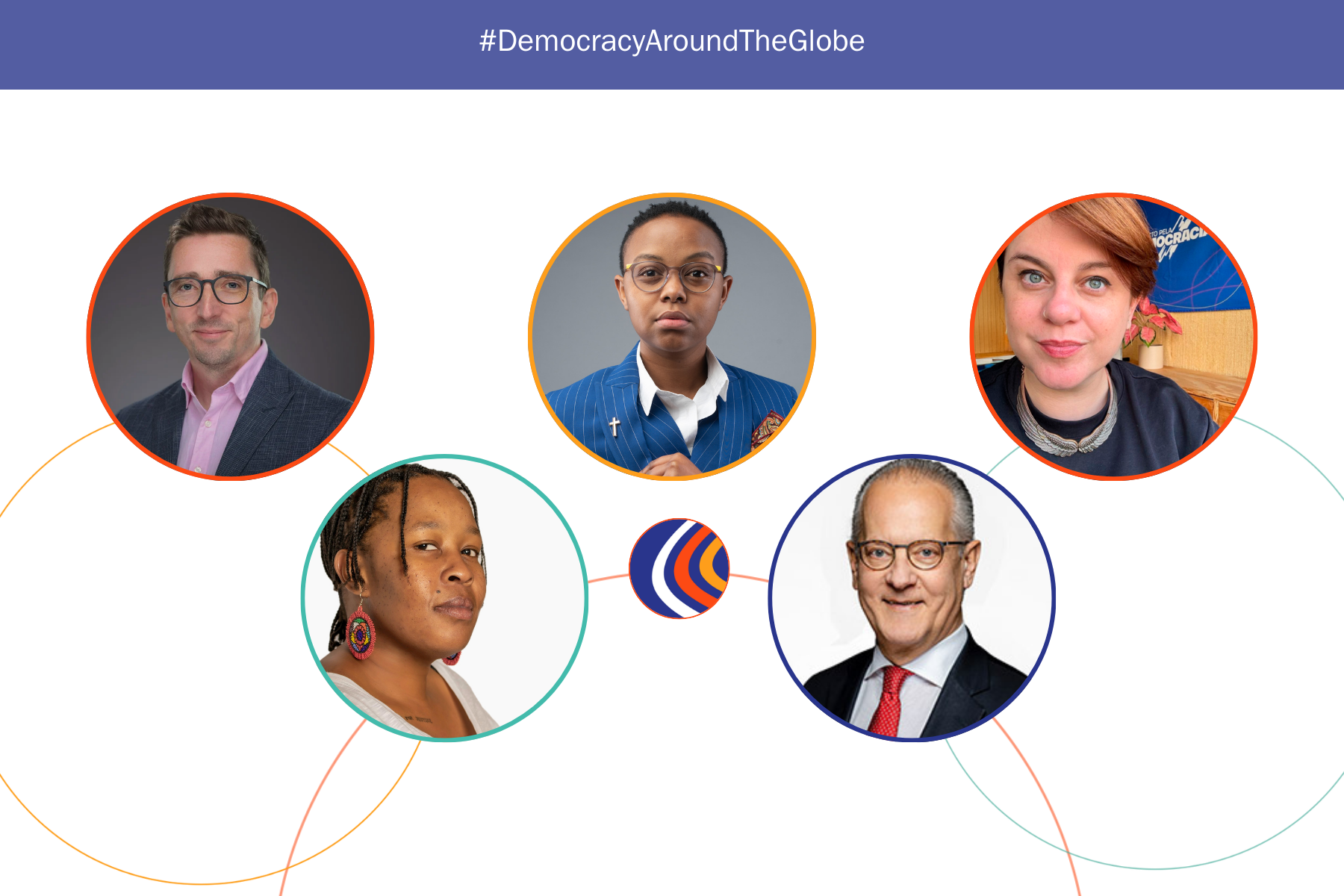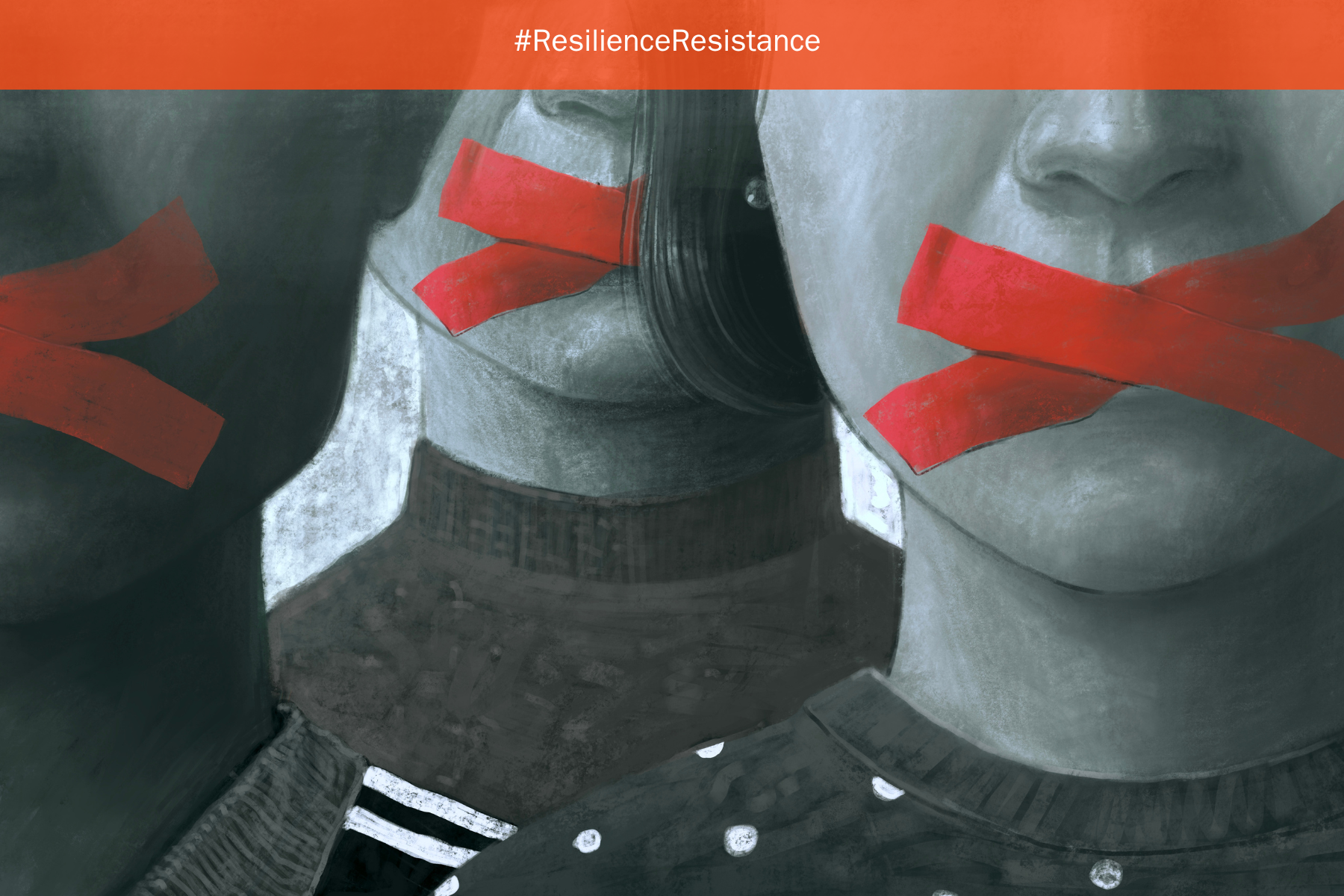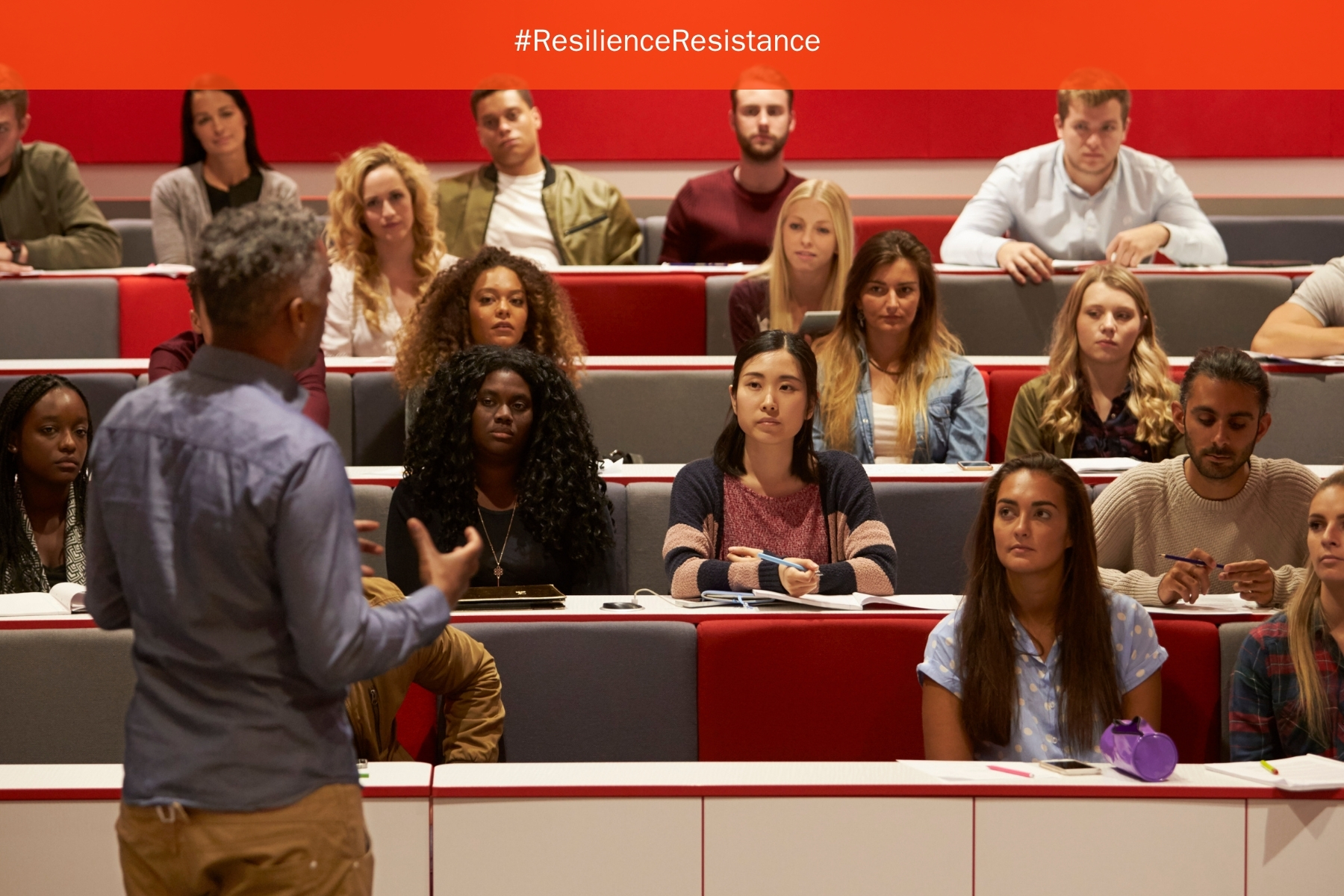The Tbilisi Protests: What Georgians Are Really Fighting For
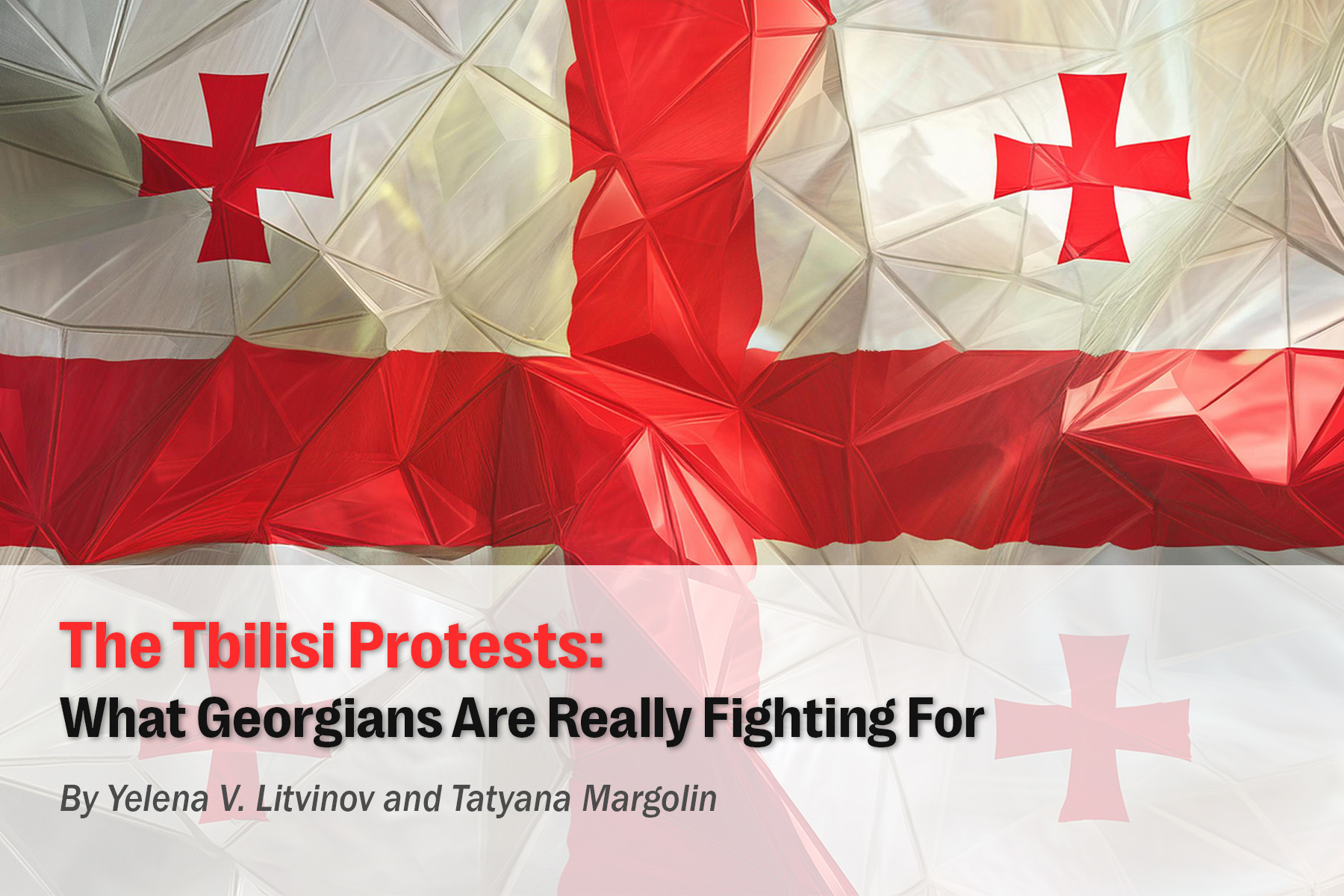
Massive protests have shaken up the country of Georgia since mid-April, 2024, when the government passed the first draft of the controversial Law on Transparency of Foreign Influence, also known as the foreign agent bill. Here is what’s happening and what’s at stake in this critical moment for an emerging democracy.
- On May 11, over 50,000 gathered in Tbilisi, the capital, and at least 20 protestors were arrested.
- Protesters were targeting the Parliament, where the bill was introduced by the ruling Georgian Dream Party.
- If passed, the law would force all NGOs and media to declare that they are “pursuing the interests of a foreign power” if they receive financial support from abroad.
- Though the bill was vetoed by the president on May 18, the Parliament’s speaker has been outspoken about his intention to overrule the veto and to ensure that the bill becomes law. This law would give the government new tools for repressing the independent civil society of Georgia.
Creeping Authoritarianism in a Nascent Democracy
Not long ago, Georgia stood out as a beacon of hope in the former Soviet space. This small country in the Caucasus substantially rooted out corruption from its judiciary and other governmental sectors. By the mid-2010s, Georgia was becoming a star on the international tourism and culinary scenes. Optimism for the country’s future reached its pinnacle in 2016 with the signing of the Association Agreement, which made Europe its main trade partner, and with the EU granting visa-free travel to the citizens of Georgia.
However, shadows loomed. In 2008, Russian-backed forces seized control of 20 percent of Georgian territory and displaced nearly 200,000 people from the still-occupied region. Since 2012, the country has been effectively held captive by oligarch Bidzina Ivanishvili. While Ivanishvili briefly held elected office, he has been exerting control over nearly all aspects of Georgian politics. With Ivanishvili’s influence, corruption has seeped back into Georgia and has become a serious obstacle in its trajectory toward European integration, despite the efforts of a robust civil society that is committed to exposing wrongdoing and holding their leaders to account.
The “Foreign Agent” Law
Georgia is once again in the spotlight. The so-called foreign agent bill has been introduced again after it was previously withdrawn in March 2023. Taking a cue from Russia, which pioneered a similar law, this move threatens to create various forms of restriction and control, including heightened scrutiny and onerous reporting requirements. This year, the law appears to be moving forward in spite of enormous popular opposition.
The US Foreign Agent Registration Act, which is often evoked as a parallel to the foreign agent bills passed across Eurasia, differs by not requiring registration simply based on receiving foreign funding.
Traditional Values Versus Western Influence
Russia has been playing the long game in Georgia by using ties between the Georgian Orthodox Church and its Russian counterpart. Anti-LGBTQ+ rhetoric has escalated in this typically tolerant country. In March, legislation was proposed banning LGBTQ+ “propaganda.” The timing alongside the foreign agents bill is not accidental. Georgian Dream perceives both proposals as responses to what it views as disruptive Western influences.
The Real Georgian Dream
The people of Georgia are taking to the streets to protest for a brighter future as an independent and democratic nation. In a recent speech, Georgian filmmaker Salome Jashi summed up the feelings of the protesters:
Me and my country, we really grew up together. . . . Slowly, brick by brick, we built this country… experiencing four wars, a revolution, and multiple challenges and turbulences. . . . I feel my country on the skin, and this feeling has nothing to do with nationalism – a word I despise, honestly. It is about participation, ownership, and responsibility.
Yelena V. Litvinov and Tatyana Margolin are the cofounders of STROIKA, Inc., an organization working across thematic and geographic silos to better connect and resource frontline antiauthoritarian activists around the world.
